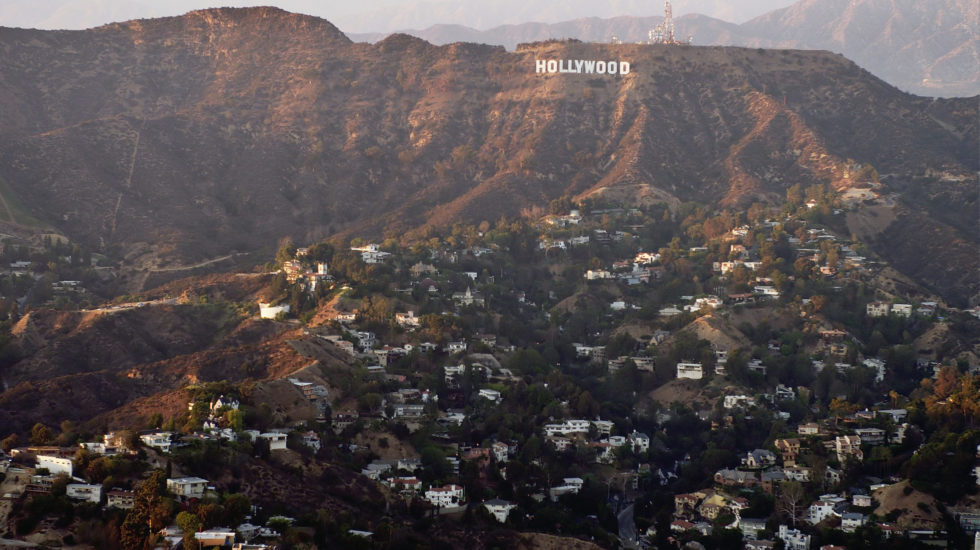The short answer to the question in this story’s headline is…it’s complicated.
As democrats rage over the passing of SB202, the Georgia law many say is blatant voter-suppression legislation enacted by the GOP-led legislature, there is growing pressure on corporate America to take a stand against a law many say is aimed at squashing the state’s African-American vote. Already Major League Baseball is considering moving the 2021 All-Star Game out of Georgia as a result. Coca-Cola and Delta, two of the biggest employers in the Peach State, have faced immense pressure to oppose the law.
However, one key player in Georgia’s business community that has stayed unusually silent is Hollywood.
The motion picture and television industry wields a lot of clout in Georgia due to the enormous amount of production work that happens there. Tyler Perry’s Atlanta production studio is one of the biggest and most successful in the country, The Walking Dead has been a fixture on the local production scene for a decade (shooting on Perry’s studio lot, btw), and Marvel shoots many of its blockbusters movies there. Thousands of people who work in some area of the film/tv industry are employed in Georgia, where state tax breaks often save productions millions of dollars.
But so far, most of the industry’s top leaders, the studio bosses, have not said a word about Georgia’s highly unpopular voting law. According to the LA Times, industry heavyweights such as Disney and NBC Universal, along with streaming outlets Netflix and Amazon, declined to comment for their current silence.
WarnerMedia parent company AT&T issued a tepid statement saying it is working with local chambers of commerce to support “policies that promote accessible and secure voting while also upholding election integrity and transparency.”
ViacomCBS is the only major studio to publicly oppose the new law.
“We unequivocally believe in the importance of all Americans having an equal right to vote and oppose the recent Georgia voting rights law or any effort that impedes the ability to exercise this vital constitutional right.”
One possible reason studios haven’t spoken up is that Hollywood and Georgia are in a mutually-beneficial relationship that can’t afford a breakup. The state’s generous tax breaks help studios keep production costs under control, while all that film/tv work delivers lots of jobs and money to the local economy.
But back in 2019, the industry came out loudly against an abortion law signed by Governor Brian Kemp. That law was eventually struck down as unconstitutional. So why speak up then, but not now?
Perhaps the people in the industry are trying to figure out the best course of action to take. Oscar-nominated filmmaker James Mangold, the director behind hits like “Walk the Line,” “Logan” and “Ford v. Ferrari,” wasted no time and minced no words to share his point of view.
Star Wars legend Mark Hamill also backed up Mangold with his own tweet.
But many pushed back on calls for a boycott, saying it was misguided and would do more harm than good by penalizing the people who make a living working in the industry. Stacey Abrams, who helped flip Georgia blue in 2020 (and Jan. 2021), said in a 2019 interview that boycotts won’t do as much good as supporting grass-roots being done to permanently shift the state’s political landscape.
In a statement to the Times, Tyler Perry essentially echoed Abrams and others’ concerns that a boycott was the wrong approach to take.
“I’m resting my hope in the DOJ taking a hard look at this unconstitutional voter suppression law that harkens to the Jim Crow era. As some consider boycotting, please remember that we did turn Georgia blue and there is a gubernatorial race on the horizon — that’s the beauty of a democracy.”



